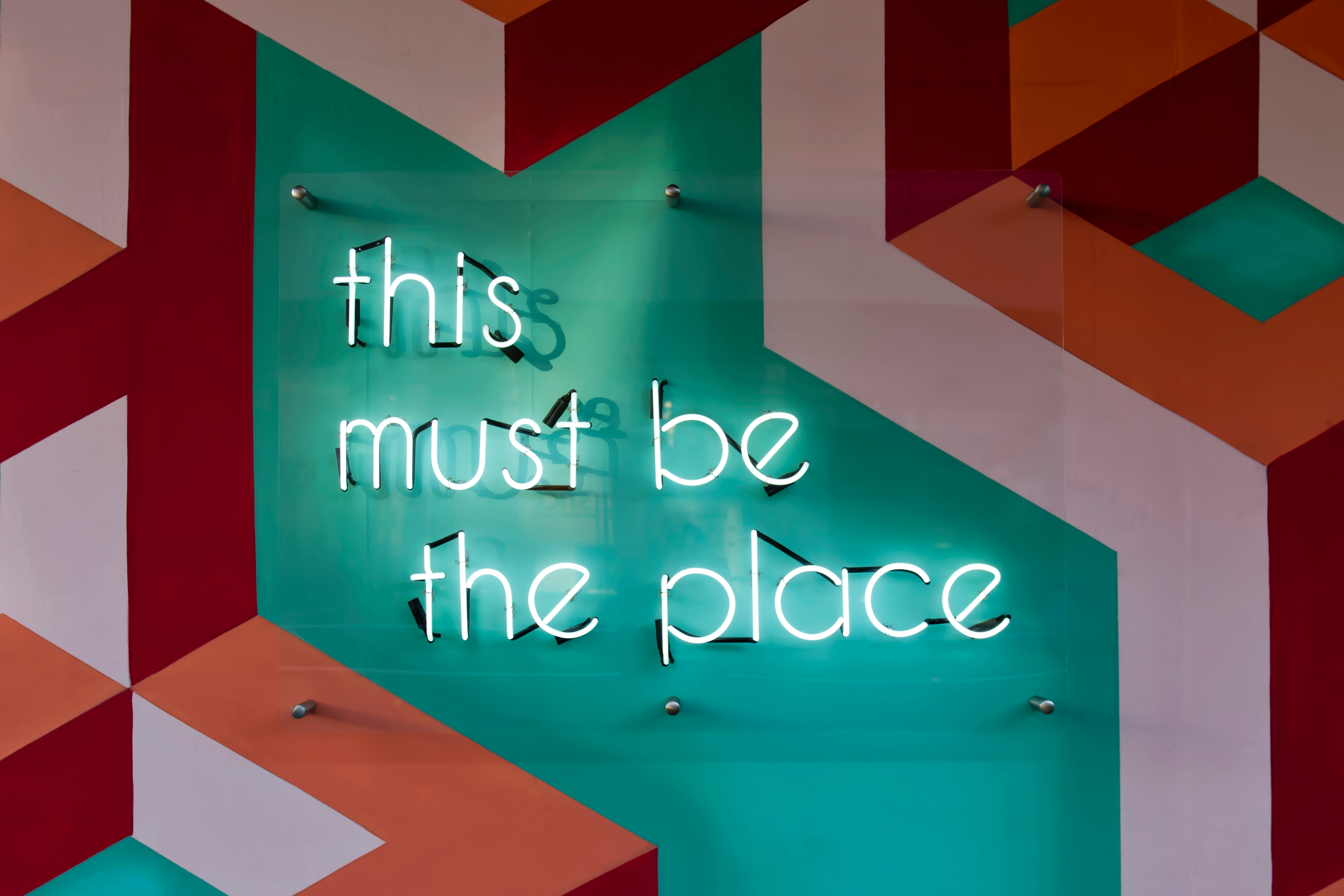
People prefer doing business with people rather than with companies, and storytelling is the perfect way to give your company a human face. Stories make you more relatable and approachable, not only for your guests but also for your staff. This is especially important in the hospitality industry. So, incorporate storytelling into your verbal identity as you shape your brand.
What exactly is storytelling? As the name suggests, it’s all about telling stories. It’s a marketing method where you strip things back and reveal your true self – metaphorically speaking, of course, and only in the way, place, and time you choose. Storytelling is about sharing stories related to the services or products you offer (such as a dinner, a place to sleep, a party venue, or an exceptional gin), in the broadest sense of the word. It could be an impression of the atmosphere you create, background information about your business, or giving the people behind your company a face. Alternatively, you can create your own story – perhaps even invent a character who tells the story for you.
Cocktail bar Ultramarijn in The Hague works brilliantly with its central character, the Captain. The bar’s nautical theme is woven through every aspect of the brand – from the website to social media. The Captain and his crew bring Ultramarijn to life as a destination in its own right, inviting guests to "travel" and taste the discoveries they’ve brought back from their voyages. These stories resonate with the target audience, creating a cohesive and compelling brand narrative. Storytelling not only makes your brand appear more relatable and human, but it also helps (potential) guests and business partners better understand what you stand for. This, in turn, fosters an emotional connection with your audience.

Storytelling and Emotional Attachment
A brand guide doesn’t just focus on your logo and fonts – it also shapes your verbal identity. This includes your brand story, tone of voice, and the storytelling approach you choose to adopt. The story you decide to tell influences every aspect of your verbal identity, particularly your use of language and imagery. By crafting a compelling story, or even offering a genuine behind-the-scenes look, you create a lasting impression in the subconscious mind of your target audience. Stories stick longer and resonate deeper than logos ever could. An emotional connection fosters a sense of sympathy and loyalty far more effectively than simply talking about prices, features, or technical details. It’s about focusing on emotions, experiences, and personality.
But what should you pay attention to?
- Decide whether you want to craft a fictional story or stay true to reality.
- Share stories about yourself as an entrepreneur, your team, or your suppliers.
- Tell the story behind your dishes or the production process of your gin.
- Offer a genuine behind-the-scenes look – dare to show vulnerability. Audiences tire quickly of overly polished narratives. Explain why you do what you do, the dilemmas you’ve faced, the risks you’ve taken, and how things worked out.
- Highlight what you’re proud of, what matters most to you, and what your brand stands for.
- Combine these stories to build an accessible, human brand – one that resonates with any target group.
- Avoid putting yourself on too high a pedestal – the harder you climb, the harder the fall.
- Collaborate with the people around you. What stories do your team or partners have to share?
- Approach storytelling professionally and ensure consistency across all communication channels.
- Pay attention to error-free language that aligns with your chosen tone of voice.
There Are Stories Everywhere
Storytelling is a powerful tool for any restaurant, hotel, bar, or drinks brand. Why? Because stories are everywhere – they truly are! And if you find it challenging to uncover them, you can simply create one. It’s easy to see how this marketing technique works for speakeasies, pop-ups, and unique products, but even a neighbourhood café can tell a compelling story. Wherever there are people, there are stories. The hospitality industry, in particular, is perfectly suited for storytelling. If you’re unsure where to start, consider creating stories by collaborating with others. For example, partner with an entrepreneur from your street or local community. A great example of a company excelling in storytelling is Mercure, part of the Accor hotel group. Mercure is all about locality, and they showcase this beautifully across all touchpoints. From their hotels to their social media accounts and websites, the focus is on connecting guests with the local area. They highlight local suppliers, and through their city guides, they feature recommendations from locals about the best places to visit, dine, and explore.

Whatever you choose, the most important thing is that your story is told consistently across all channels: on social media, your website, internal communications, and in-person interactions. Consistency builds trust and familiarity, ultimately helping your target audience fall in love with your brand.
Are you looking for a partner to help craft your verbal identity? Contact us at Brandchef for an informal conversation about the possibilities.














